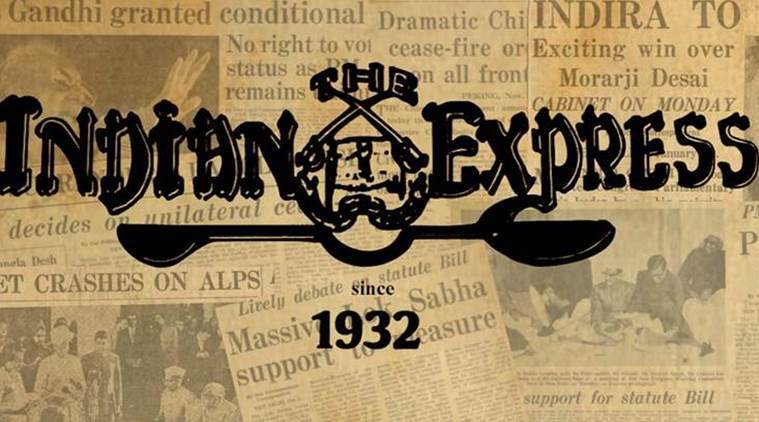 Given that both Ramzan and the Amarnath yatra are approaching, the Indian government has an opportunity to initiate a pause in the violence and allow the state government some room for manoeuvre.
Given that both Ramzan and the Amarnath yatra are approaching, the Indian government has an opportunity to initiate a pause in the violence and allow the state government some room for manoeuvre.
The cycle of violence that began with the killing of Hizbul Mujahideen commander Burhan Wani in 2016 has deepened the tragic faultlines in Kashmir: Pellets vs stones, army vs militant, state vs civilian. In principle at least, political parties in the state, the separatist leadership, Indian Army and the Union government have each, at different times, spoken of the need to break this deadlock and reopen spaces for dialogue. On Wednesday, an all-party meeting in Srinagar asked the Centre to declare a unilateral ceasefire in the state, as the Atal Bihari Vajpayee government had done in 2000, “so that the people can get relief”. Given that both Ramzan and the Amarnath yatra are approaching, the Indian government has an opportunity to initiate a pause in the violence and allow the state government some room for manoeuvre.
Despite the extremes of violence and widespread civilian protests, certain red lines exist in the Valley. In July 2017, the attack on a bus carrying pilgrims to Amarnath became an inflexion point, drawing universal condemnation from political parties, separatists, as well as protests and shows of solidarity from civil society. A similar moment may now be here, with political parties in Kashmir drawing together to make the demand for a ceasefire. The army, too, seems to recognise the need for such a move. Speaking to this newspaper, Army Chief General Bipin Rawat has reiterated that “there isn’t a military solution to this [Kashmir] issue” and said that he is “ready to suspend” military operations to avoid civilian casualties. A ceasefire does not mean an end to the zero-tolerance policy against terror. It could, however, lead to an easing of tensions. “Crackdowns, encounters and search operations,” said Chief Minister Mehbooba Mufti after the all-party meeting, “are causing a lot of hardship”. In 2018, 37 civilians have died so far, many of them while protesting at encounter sites.
The BJP has recently shown that it can be responsive to the demands of its alliance partner in Kashmir, the PDP. The two state ministers — Choudhary Lal Singh and Chander Prakash Ganga — who supported the alleged perpetrators in the Kathua rape and murder case were made to resign in April. That sense of political accommodation can now be built upon with the announcement of a ceasefire, allowing the state government more space to make political moves, engage the people. It is for the Centre to show sensitivity and act magnanimously.